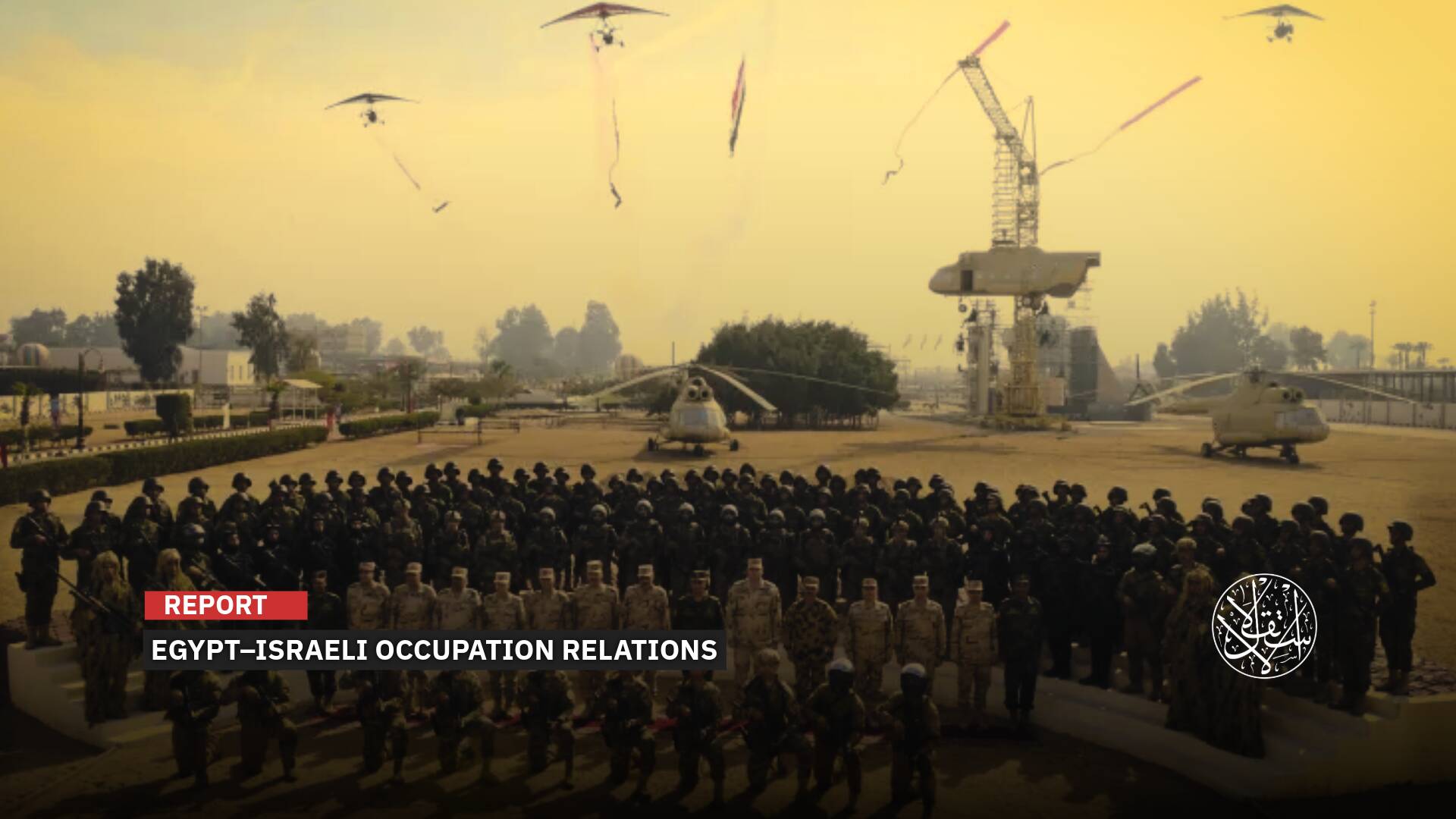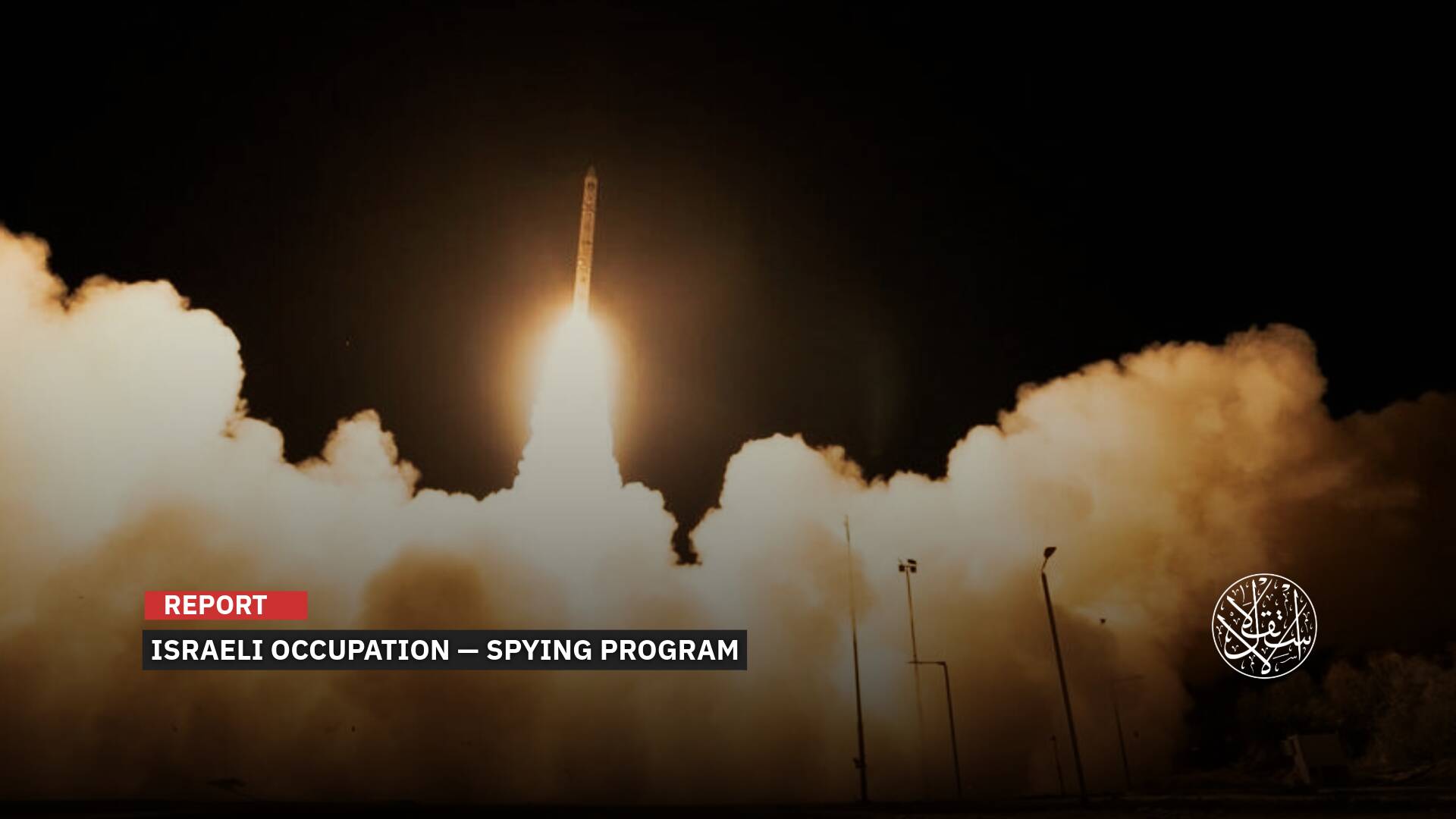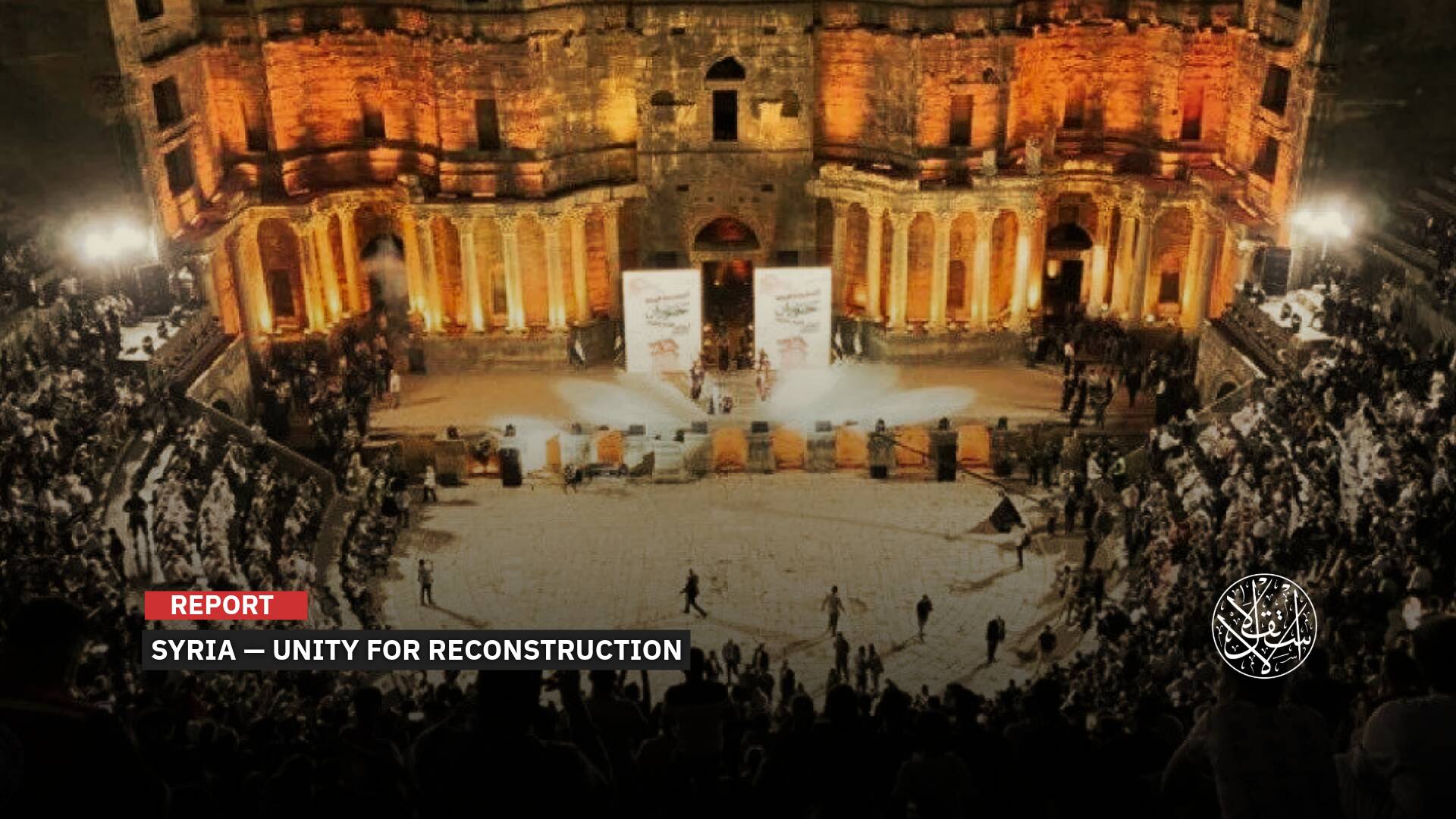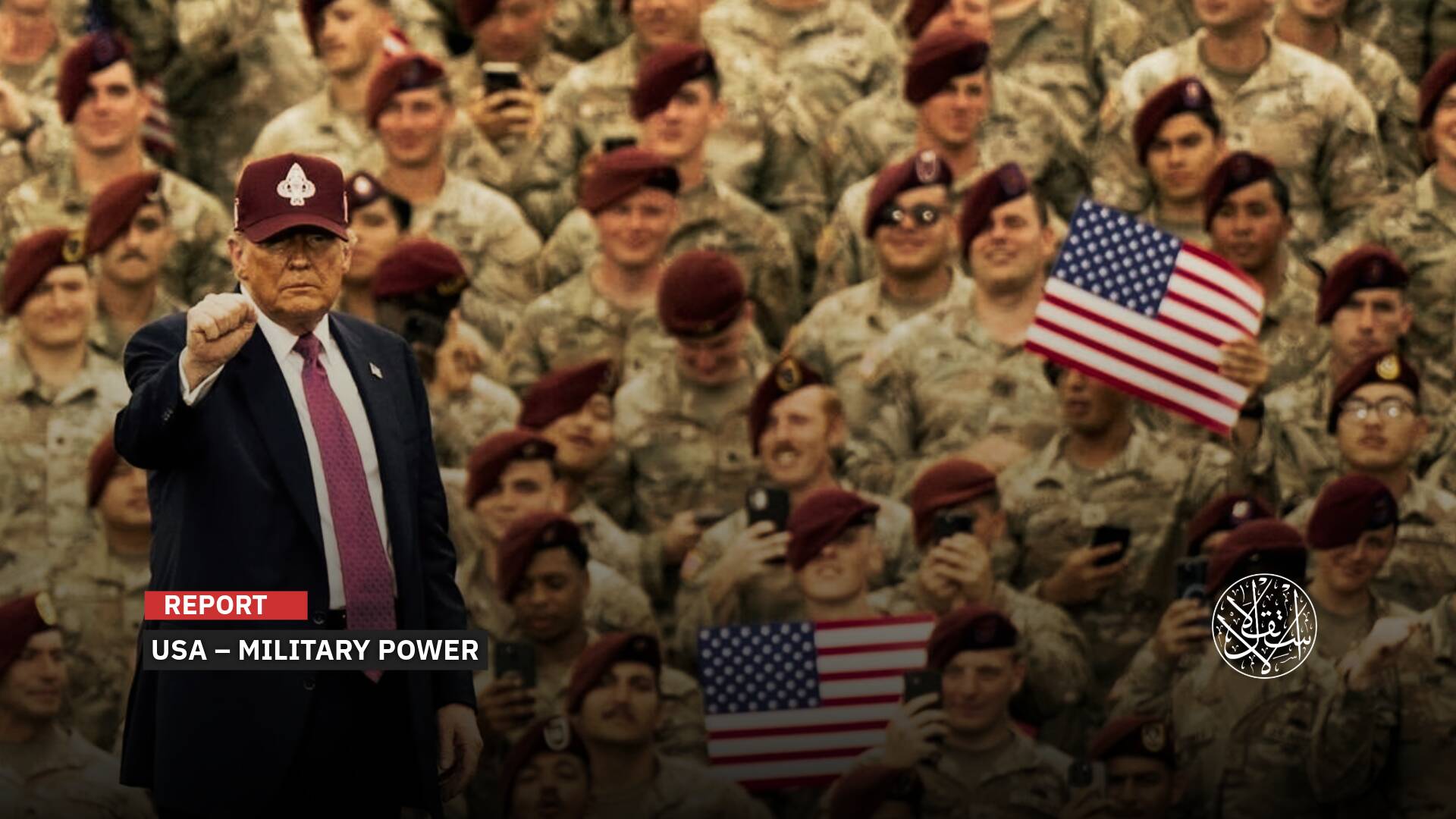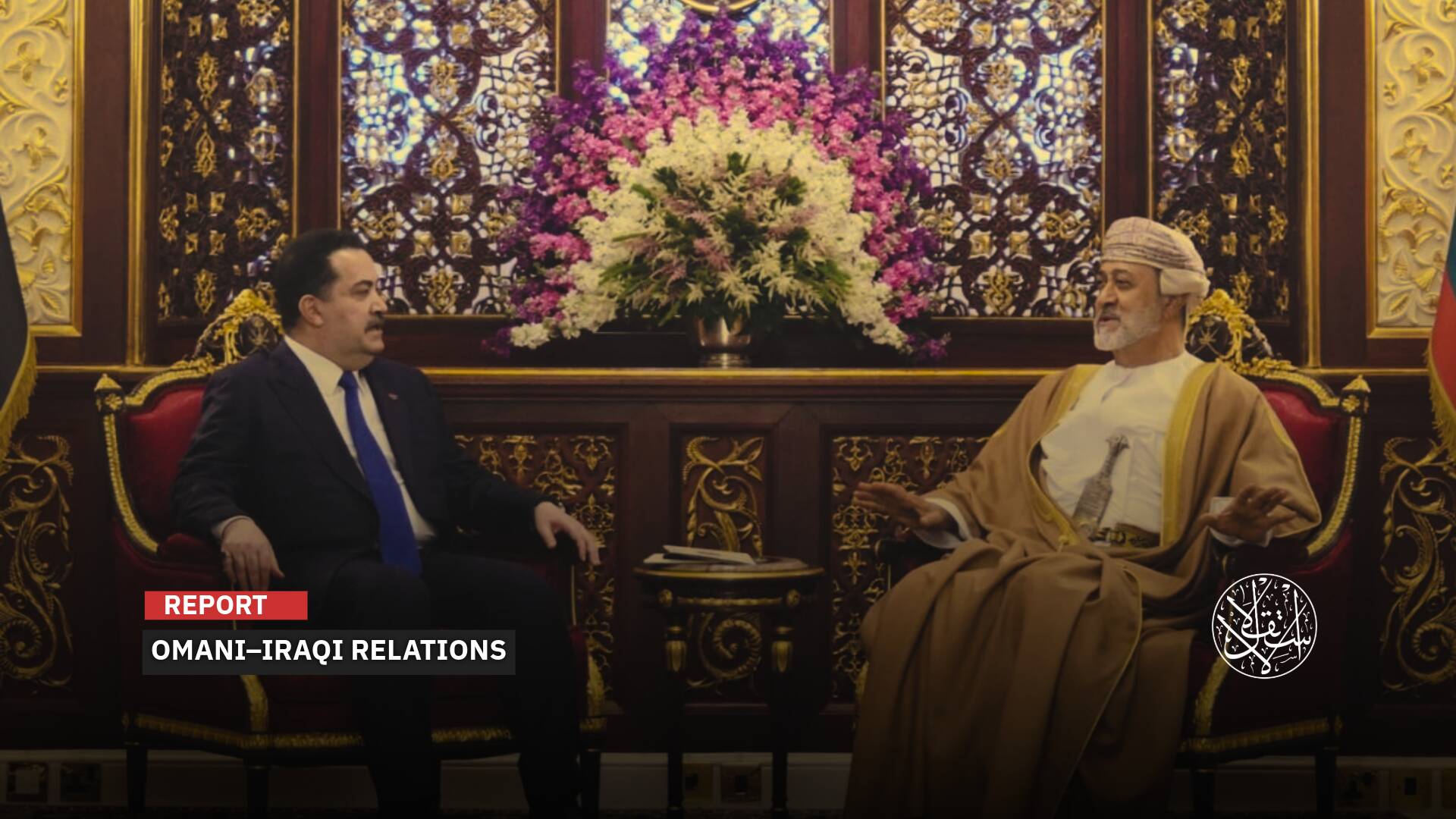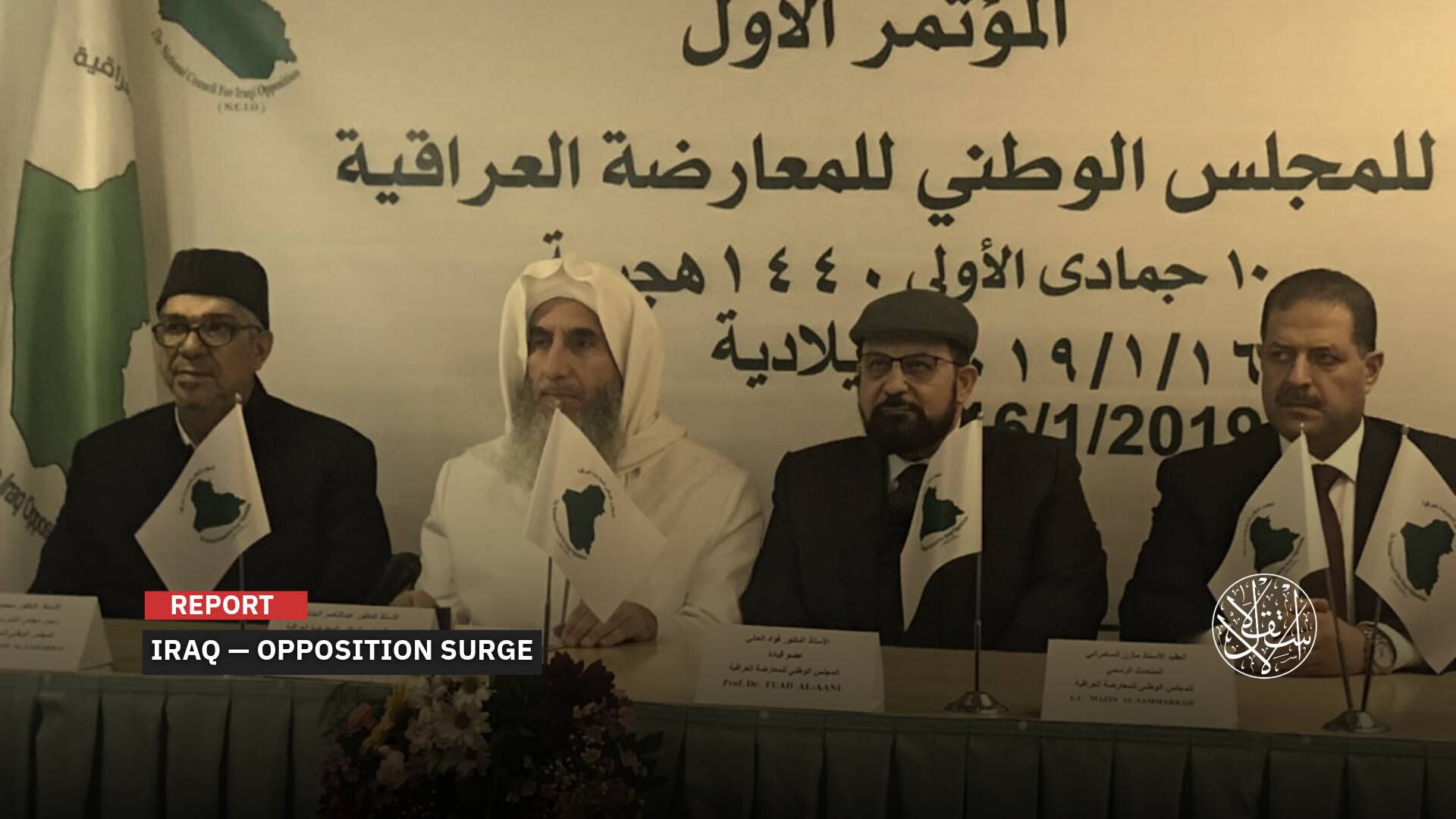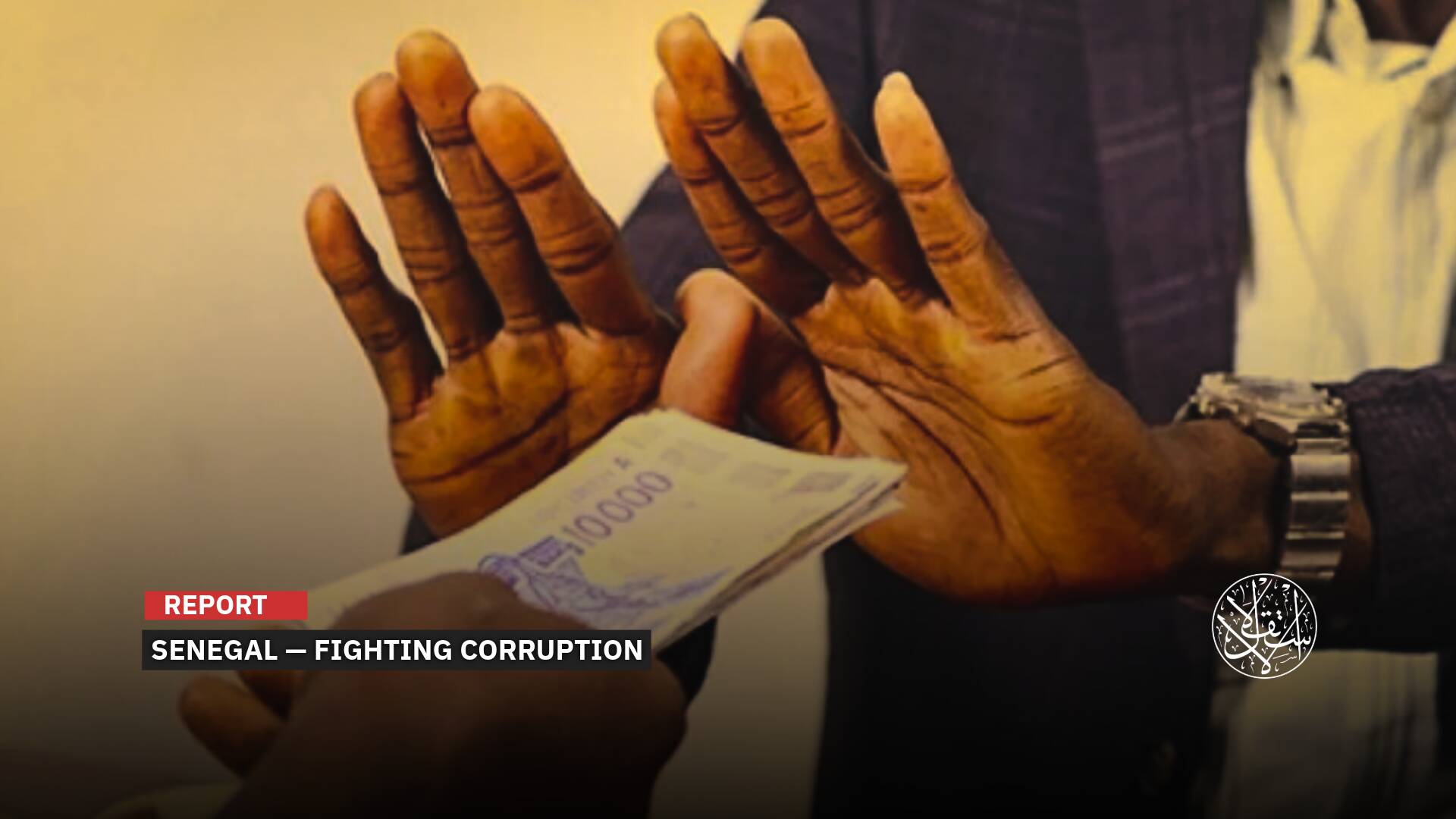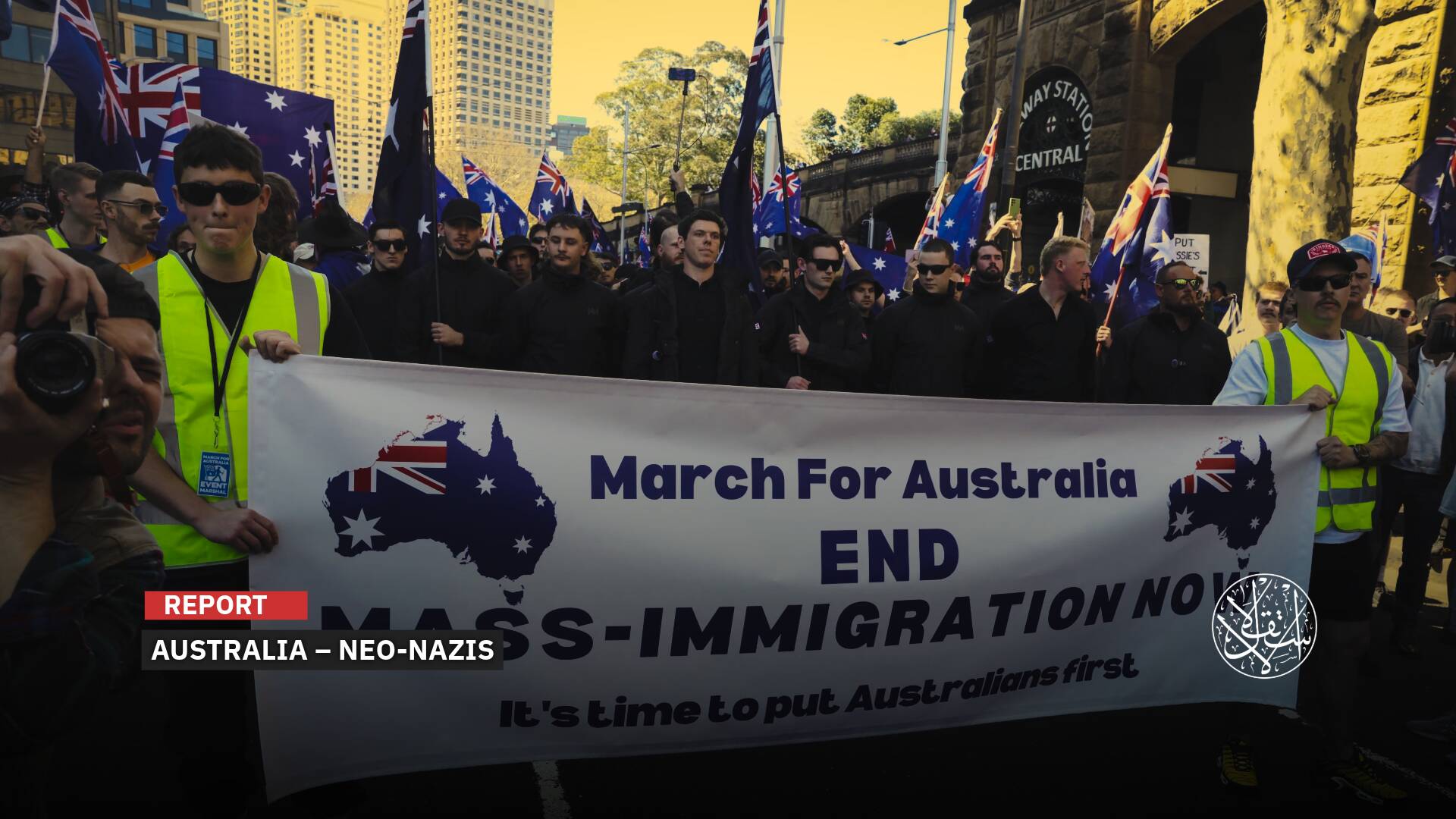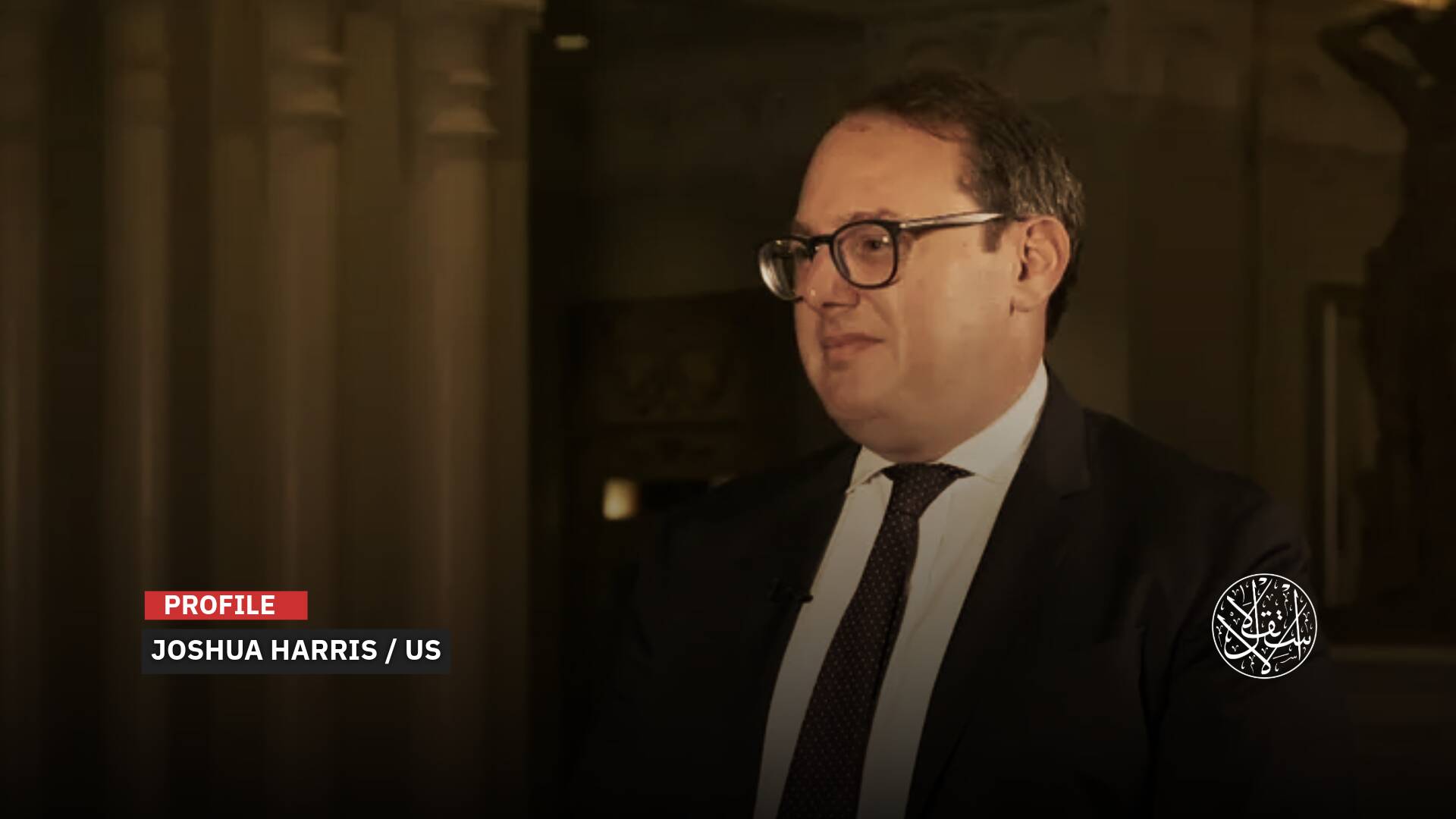Anti-Erdogan Hostility: How the Western Media’s Rhetoric Biased Before the Turkish Elections

The Western media perpetuates every day in its performance towards all those who disagree with it in terms of its policies or loyalty to them that the term neutrality in the media is a lie.
Perhaps the most prominent example currently lies in the fierce war waged by the Western media against Turkish President Recep Tayyip Erdogan, as in their media he is a dictator whom they seek to remove even though he came through free and fair elections.
As the countdown to Turkiye’s historic elections continues, nearly all of the most famous Western media outlets, such as the BBC, The Economist, Foreign Policy, Le Monde, and the Washington Post, have embarked on an unprecedented and coordinated campaign of hostility against Erdogan.
The news and headlines published by Western newspapers and magazines, which coincide with the date of the presidential and parliamentary elections in Turkiye, caused outrage reactions by Turkish officials because of what they described as unacceptable interference in their country’s internal affairs.
In Turkiye, the elections will take place on May 14. On the presidential ballot, voters will choose between President Erdogan, who is seeking re-election, joint opposition candidate Kemal Kilicdaroglu, Muharrem Ince, and Sinan Ogan.
Meanwhile, 24 political parties and 151 independent candidates are vying for seats in the 600-member Turkish parliament.
Western Propaganda
The British magazine The Economist sparked widespread anger in the Turkish street because of its cover and one of its articles this week, which carried a number of phrases and slogans against President Recep Tayyip Erdogan.
In the corners of the magazine’s cover, which bears the title The Most Important Election of 2023: Turkey and the Future of Democracy.
Surrounding the title are four circles. One features the Turkish flag, while the three others feature the phrases “Vote!,” “Save Democracy,” and “Erdogan Must Go.”
The article drew attention to the fact that Erdogan’s loss of the elections will have global consequences, for example: raising the obstacle to Sweden’s membership in NATO and improving Turkish–U.S. relations.
The defeat of Recep Tayyip Erdogan would have global consequences—and show democrats everywhere that strongmen can be beaten https://t.co/bHPEstl69d pic.twitter.com/tMjhj2Wa1P
— The Economist (@TheEconomist) May 4, 2023
The name of the magazine #TheEconomist was among the most popular hashtags in Turkiye on the evening of May 4, 2023, as many activists, writers, and users tweeted in response to what they considered blatant interference in the Turkish elections.
It is noteworthy that this is not the first time that The Economist has attacked the Turkish president. Earlier this year, The Economist ran another anti-Erdogan cover titled Turkey could be on the brink of dictatorship. The publication’s report accompanying the body, which reads Turkey’s Looming Dictatorship, claimed Turkiye is on the brink of a disaster as it may go from a deeply flawed democracy into a full-blown dictatorship.
President Erdogan sits in a vast palace snapping orders at courtiers too frightened to tell him when he is wrong. His increasingly eccentric beliefs swiftly become public policy. But voters, especially in cities, are pushing back https://t.co/3eQYThpgHw
— The Economist (@TheEconomist) January 19, 2023
In an interview with Kemal Kilicdaroglu, the presidential candidate of the Nation Alliance, the BBC began its report with the words, “For Turkey’s long-time leader Recep Tayyip Erdogan, it comes in the shape of a former civil servant, given to making heart emojis with his hands.”
Le Point magazine used the headline Erdogan, the other Putin by including President Erdogan’s picture on its May 4 cover.
The article published in it stated: “The Islamic president pursues his dream of empire and asserts his authoritarian drift.”
The French weekly L’Express also used the phrase Erdogan, risk of chaos on the cover of its May 4 issue, claiming that after the constitutional referendum in 2017, Erdogan had consolidated almost all power into one hand.
Whereas the French newspaper Le Monde said If he loses, will Erdogan leave power?, adding another question titled Are we living the beginning of the end of Erdogan’s era?.
The American Foreign Policy magazine published an analysis entitled Turkey’s Elections Won’t Be Free or Fair, alleging that over the past 20 years, Erdogan has led the country on an authoritarian path by removing checks and balances, cracking down on dissent, controlling the media, and imprisoning political opponents.
The Guardian newspaper, days before the elections, published an article entitled Erdogan’s earthquake: how years of bad government made a disaster worse.
The Financial Times said that Turkey’s opposition leader vows to reverse slide to autocracy.
The New York Times headline was Earthquake-Proof, Not Corruption-Proof: Turkey’s Needless Deaths.
The Washington Post editorial also led to hatred against President Erdogan, which came under the headline, A shadow of growing despotism lurks over Turkey’s elections.

Turkish Outrage
Media rhetoric that has recently displayed flagrant anti-Erdogan bias and published articles urging Turkish citizens to vote against him in the Turkish elections scheduled for May 14 has generated a firestorm of criticism from one Turkish official after another.
“We will not allow our domestic politics to be directed and the national will to be swayed by the covers of magazines, which are the operational apparatus of global powers,” Erdogan said in a tweet on April 5, 2023.
On his part, Ibrahim Kalin, a spokesman for the Turkish presidency, said in a tweet he wrote in response to the British magazine, addressing the Turks: “Be calm, the days when instructions were given to my country, the last word of the people at the ballot box, are over.”
Meanwhile, Turkish Communications Director Fahrettin Altun condemned the Western media for its anti-Erdogan rhetoric, criticizing it for completely ignoring the principle of neutrality, and said that they are trying to manage European perception through their propaganda.
In the same context, during his visit to Antalya on May 4, Foreign Minister Mevlut Cavusoglu considered the interference of foreign media in the internal affairs of any country unacceptable, adding, “They make decisions on behalf of the Turkish people or try to guide the Turkish nation.”
He continued, “Why should President Erdogan leave power? What harm does Erdogan do to you? Or what does Erdogan harm Britain, for example? Why do you interfere in the internal politics of this country?”
On the other hand, the spokesman for the ruling Justice and Development Party (AKP), Omer Celik, denounced the anti-rhetoric adopted by the Western media against the Turkish president, which crudely urges Turkish citizens to vote against him.
He added, “There have been comments made against our president, but they should have learned their lesson. It has been observed many times that they had no effect on anything, and they will meet the same fate again.”
Justice Minister Bekir Bozdag also criticized The Economist, saying that it was not up to the magazine to decide who would win the vote.
He criticized the Western media’s bias, saying that “President Erdogan has always triumphed with democracy and embraced the will of the people during crises, such as the failed coup attempt on July 15,” in reference to Ankara’s accusation at the time of the West, which was hoping for the success of the coup and getting rid of Erdogan.

Ideological Conflict
In this regard, Al-Jazeera Mubasher channel stated in a report on May 5, 2023, that “the closer the Turkish elections are, the greater the Western interest in every issue related to Turkish internal affairs,” noting that “many European and American research centers and media have formed working groups tasked with following up election campaigns, writing reports, preparing analyzes, and promoting the results of fake polls prepared by companies and centers affiliated with the Turkish opposition alliance.”
It added, “Turkiye’s elections have become an arena of conflict and confrontation, and the final battlefield through which the centuries-old conflict between the West and its secularism, and between the human principles and moral values upon which Turkiye’s Muslim president rests, can be resolved.”
The article also noted that the Western vision seeks to break the thorn of political Islam that Turkiye has applied for twenty years, and to confront any attempt aimed at the continuation of this system with success in various sectors, especially after entering the fields of defense industries, developing various land, sea, and air weapons, and diversifying energy sources, which are areas that are completely prohibited for anyone who follows the approach of Islam in relation to the West.
The article concluded that “stopping the Turkish march that was initiated by the AKP and its president Erdogan two decades ago can only be achieved through absolute support for the opposition, which adopts policies and ideologies that are compatible in their entirety with the West and its values, especially since it has an absolute willingness to carry out his orders, fulfill his requests and fulfill his desires, even if they conflict with Turkish national interests.”

In turn, Mr. Mahmoud Alloush, a political researcher specializing in Turkish affairs, explained in a statement to Al-Estiklal that “the Western media campaign against Turkish President Recep Tayyip Erdogan reflects Western hopes for the Turkish elections, and its dependence on President Erdogan’s defeat and the opposition’s accession to power.”
He added, “Turkish opposition from the West’s point of view will be a huge geopolitical value, especially in light of this period.”
“Western countries are trying to avoid expressing any position regarding Turkiye’s elections that could be counted against if one of the two parties wins,” Mr. Alloush said.
“A number of Western countries are convinced that Erdogan is capable of winning these elections, and therefore they do not want to be involved in participating in this campaign on the political level, because this matter will have very negative repercussions on Turkish–Western relations,” he added.
As for the real reasons for Western bias against President Erdogan, Mr. Alloush explained that “the most prominent of them is that Erdogan is working against Western interests from their perspective, and has made Turkiye more independent in foreign policy than Western countries, in addition to his strong relations with Russia and his abstention from imposing sanctions on it as a result of the Ukraine war.”
He added, “President Erdogan is annoying to Western countries, especially because he wants to make Turkiye a balanced power between East and West.”
Finally, Mr. Alloush pointed out that “Turkish democracy has reached a level of maturity that allows it to allow the Turks to decide the fate of their country’s future in their own hands through the ballot box.”
Sources
- Türkiye not to allow its politics to be directed by covers of magazines: President Erdogan
- Western media under fire for biased rhetoric pre-Türkiye polls
- Turkish elections and the danger of entrenching the principle to be or not to be [Arabic]
- Could Erdogan be ousted in Turkey’s coming election?
- Turkey: 'If he loses, will Erdogan leave power?'
- Turkey’s Elections Won’t Be Free or Fair
- A shadow of growing despotism lurks over Turkey’s elections
- Turkey’s opposition leader vows to reverse slide to autocracy


